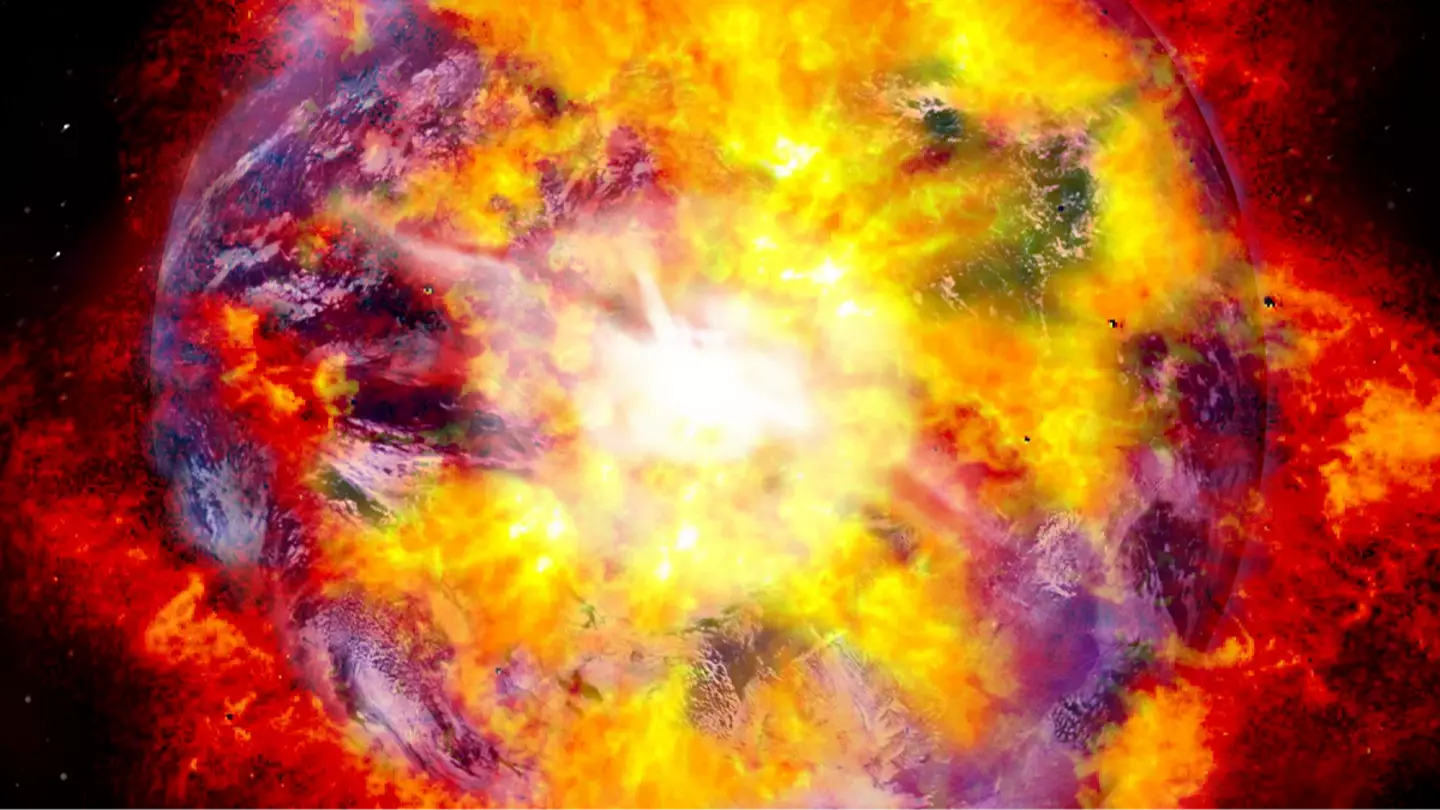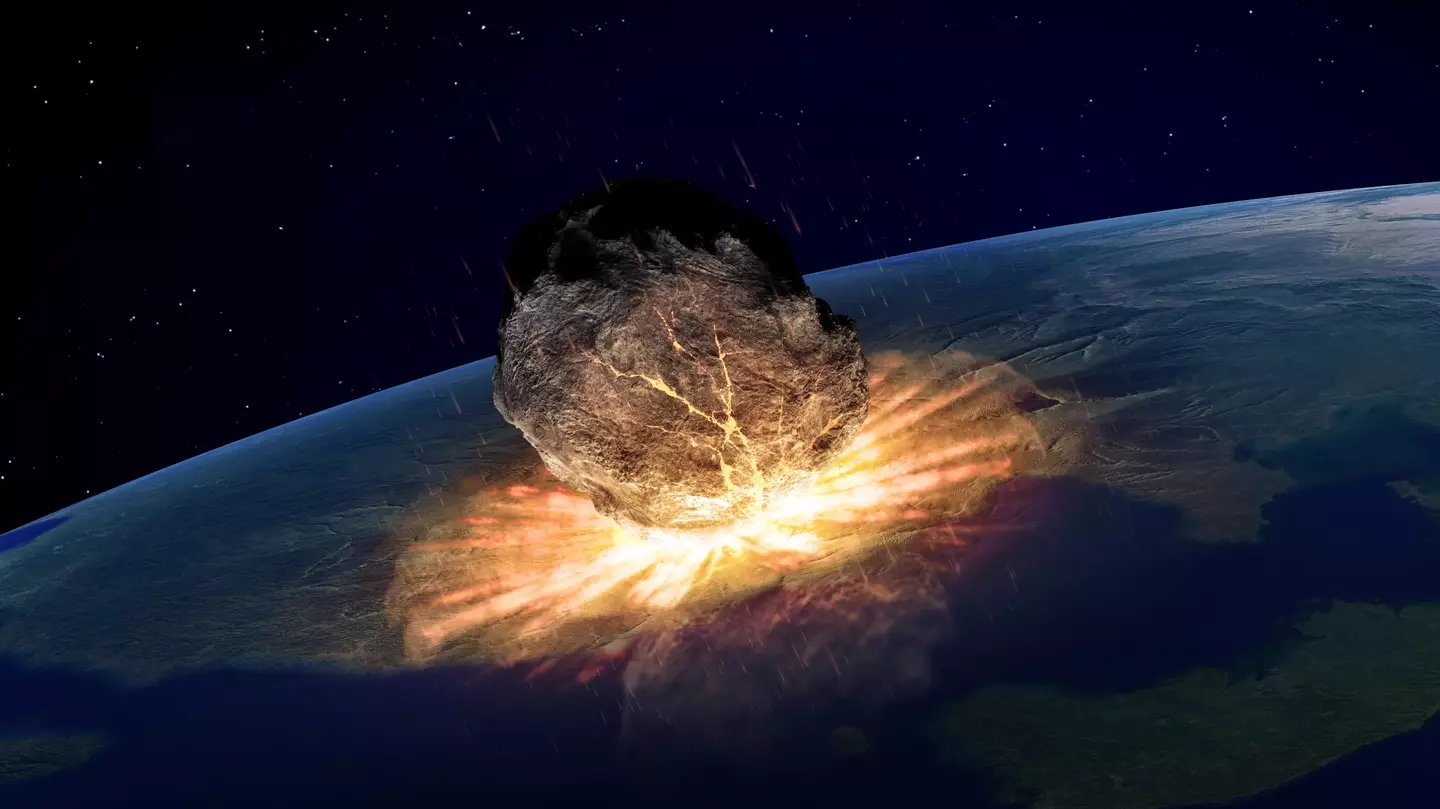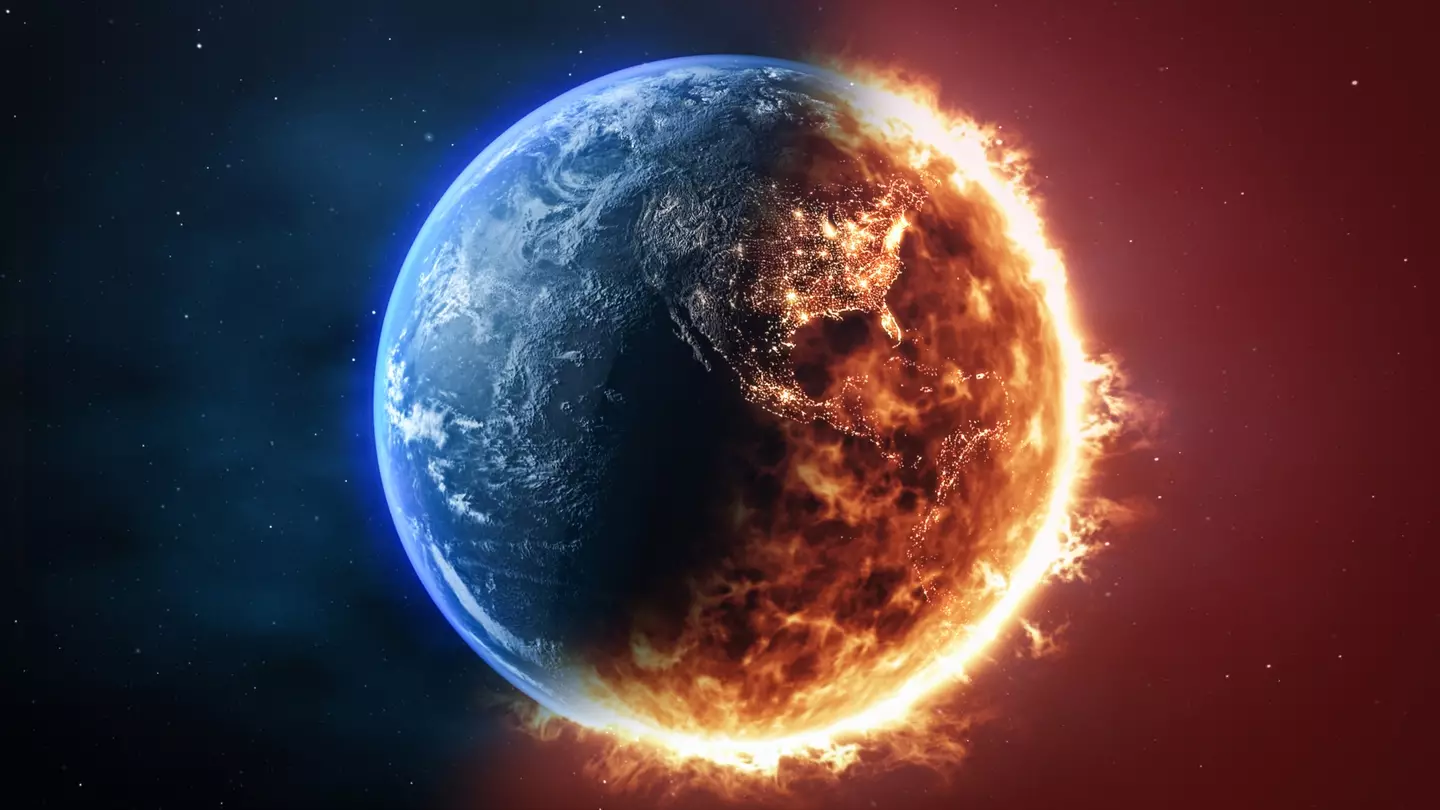
Talk of when the world will end is never too far away from the headlines, with seemingly countless experts chiming in to offer their opinion on the matter.
The truth is though, that no one really knows when mankind as we know it will come to an end, though scientists are having their best guess.
And if you are to believe anyone, these scientists are likely your best bet.
Known as the 'Big Crunch' theory, experts have been looking into the possibility of the universe collapsing in on itself in what is being described as 'cosmic hell'.
Advert
Scientists from Cornell University working on a recent study calculated exactly when the 'Big Crunch' could begin.
Experts have already uncovered that the current outward expansion of the universe is due to a force known as Dark Energy, a method that scientists believe is weakening.

Speaking to the Mail Online, Dr Ethan Yu–Cheng, from Shanghai Jiao Tong University, said: "It is just like throwing a basketball vertically upwards in daily life. The negative cosmological constant acts like the Earth's gravity, which pulls the basketball downward.
"The basketball will de–accelerate until reaching the maximum height and start to fall."
Cosmologists working on the study believe the world-ending event is at least 19.5 billion years away, with Henry Tye telling the New York Post that the 'Big Crunch' will begin in 11 billion years time and take another 8.5 million years to conclude.
Dr Hoang Nhan Luu, a researcher on the product, added to the Mail Online: "Intelligent civilizations at the scales of solar systems or even galactic scales would not notice any obvious phenomenon because these changes happen at much larger cosmological scales."
So, is there any chance humans could survive such an event?

Well, with the number of years we have to prepare, it's certainly possible.
"To survive, human beings have to move to the edge of our solar system or beyond. We have a few billion years’ time to prepare for that trip," Tye added.
However, it may not be that simple, as Luu added to the Mail Online: "Intelligent civilisations at the scales of solar systems or even galactic scales would not notice any obvious phenomenon because these changes happen at much larger cosmological scales.
"Civilisations like us typically exist on time scales of hundreds to thousands of years while the changes happen on billion–year time scales, so we wouldn't notice any obvious day–to–day phenomenon until the very last moment."
